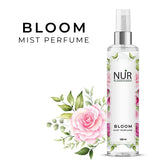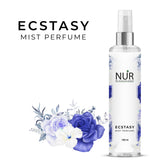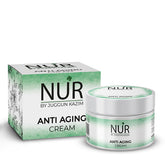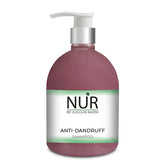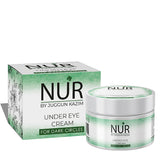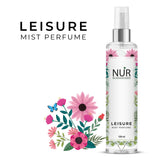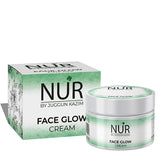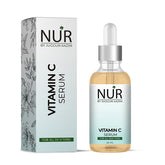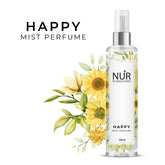Essential oil is a concentrated, volatile, aromatic liquid that is obtained from the fruits, seeds, flowers, bark, stems, roots, leaves or other parts of a plant. There are estimated to be 10,000 aromatic plants (i.e. that contain essential oils) on Earth, and about 500 of these are processed commercially for essential oil extraction. These oils have been used for centuries for both their healing and aromatic benefits. This is most commonly accomplished by steam distillation (steam is passed through the plant material), and sometimes hydro distillation (the plant is gently boiled in water). More modern methods include mechanically expressing oils from citrus fruit peel, and solvent extraction. Solvent extracted oils include CO2 extracts and absolutes, and these are not classed as essential oils.
Quality
WHAT IS AN ESSENTIAL OIL?
Essential Oil
PURITY AND QUALITY. EQUALLY AS IMPORTANT
Nur By Juggun standards of quality are some of the strictest in the industry. Before we sell essential oils and carrier oils we do everything possible to establish that it is 100% pure, natural, AND of the highest quality, making it appropriate for use in aromatherapy.
FROM THE BEGINNING.
Before we even obtain a sample, we need to know everything about the farmer, distiller or supplier. We need to know their background, reputation, commitment to quality, and commitment to the industry. Once this has been established to our satisfaction, we then move on to the oil.
THE OILS
Essential oils are composed of many constituents, typically about 100, though it can range from 10 to 200.
Factors that affect the composition, and therefore the quality of oil, include where the plant was grown (country of origin, latitude, elevation) soil and weather conditions, time of day and time of year of harvest, and various parameters of distillation.
Essential oils with the same common name, such as Eucalyptus, Lemongrass or Wintergreen, may come from more than one species of plant.
Others, such as Basil, Rosemary or Thyme, come from the same species, but they come in different ‘chemotypes’, which means there are significant differences in the composition from one chemotype to another.
All of these factors potentially affect both quality and therapeutic effect. When we finally know what oil we are sampling we can then move on to the testing phase.
We typically test 3-5 samples from different suppliers for every essential oil that we buy. Even when we re-purchase from the same supplier, we test the new batch of oil.
MAKING IT TO OUR CUSTOMERS
Essential oil batches are eliminated at each step of the quality control process until we have found the best, and only the best ones make it through to our facility in Lahore to be bottled, labelled and shipped off to our customers
- Choosing a selection results in a full page refresh.

